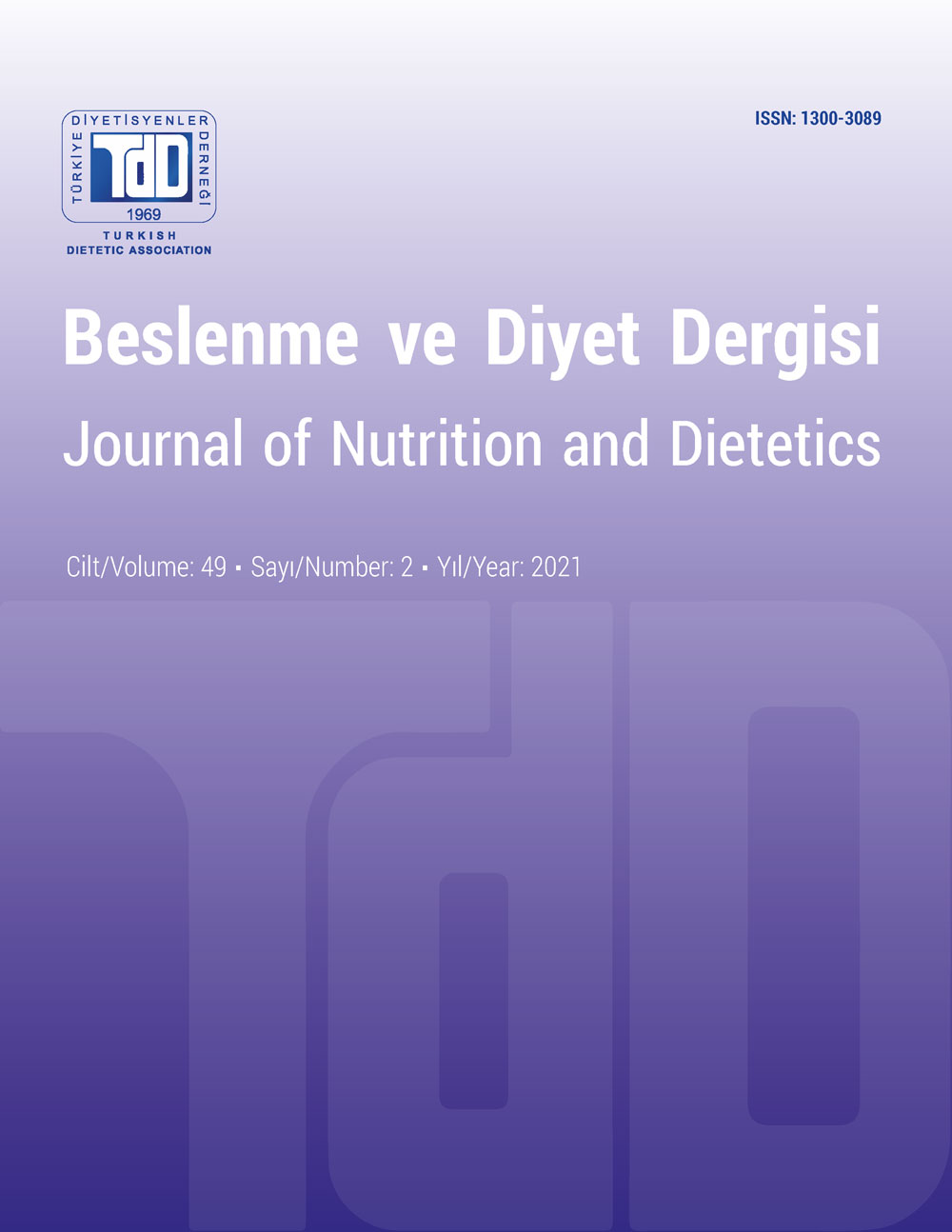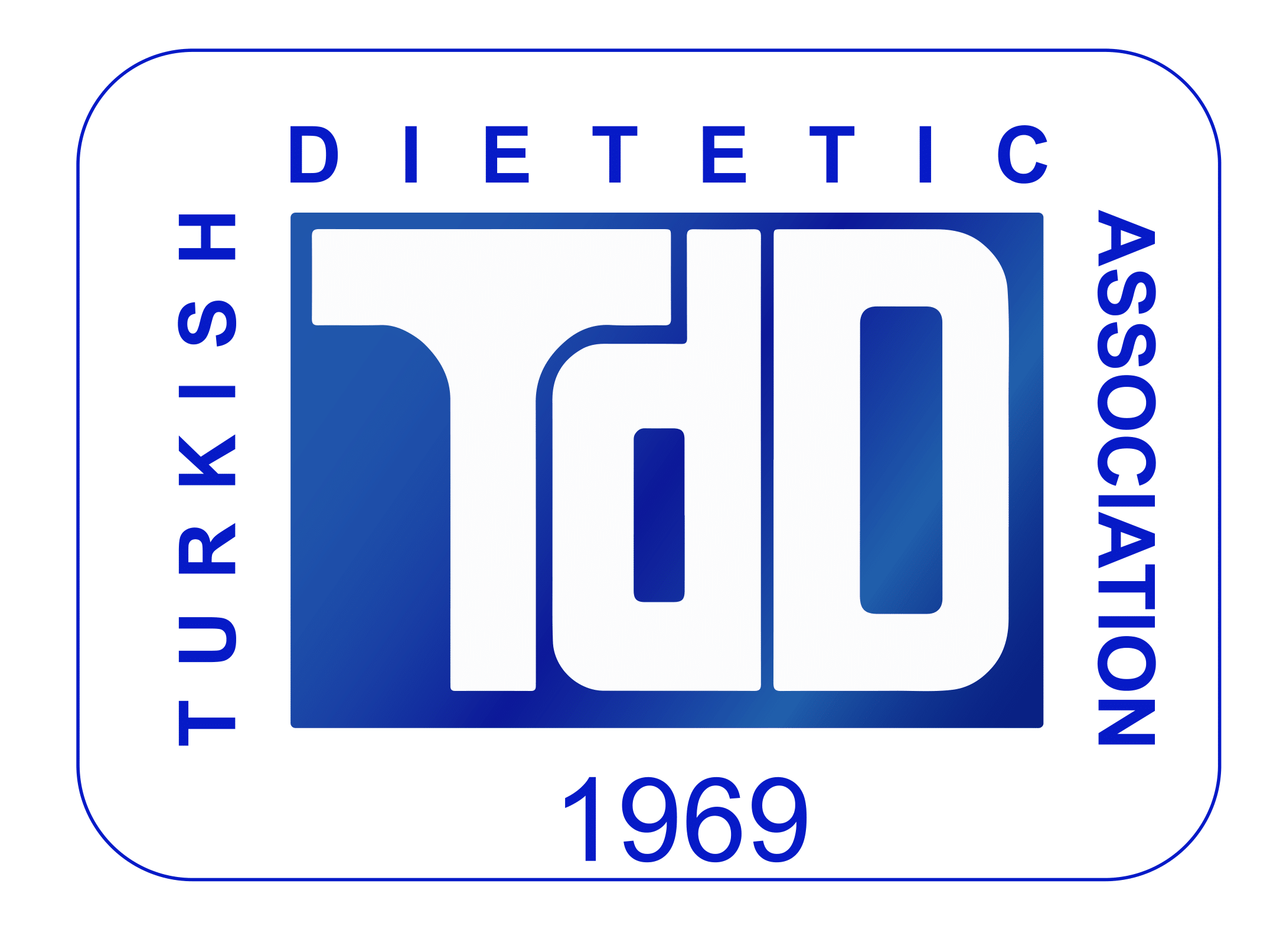The Relationship of the Diet Energy Density with the Diet Quality and the Anthropometric Measurements
DOI:
https://doi.org/10.33076/2021.BDD.1421Keywords:
Diet energy density, diet quality, body mass index, anthropometric measurements, nutritionAbstract
Aim: This study was conducted to examine the relationship between dietary energy density, diet quality and anthropometric measurements in adults.
Subjects and methods: 271 adults between the ages of 19-65 were included in the study. A questionnaire examining the sociodemographic data of the participants was applied by face to face interview method, and the anthropometric measurement values of the individuals were obtained. Additionally, a 24-hour retrospective dietary intake record was obtained from the participants. Diet quality and diet energy density were calculated through dietary intake record. “Diet Quality Index-International (DQI-I)” was used in determining the diet quality. Dietary energy density was calculated using two different calculation methods: “solid only” and “solid + drinks”.
Results: The mean age of the individuals participated in the study was 27.9 ± 10.60 years. The average dietary energy density of the participants “solid only” was 1.43 ± 0.49 kcal/g, “solid + beverage” mean diet energy density was 1.19 ± 0.42 kcal/g, and the mean values of men were higher than women (p>0.05). Participants’ diet quality index was 47.8 ± 9.79 point and index scores of men were higher than women (p>0.05). Participants with good diet quality had lower dietary energy density than those with poor diet quality (p<0.001). While a significant negative relationship was found between diet energy densities calculated by both methods and diet quality, no relationship was found between anthropometric measurements and diet quality.
Conclusion: While high dietary energy density was associated with poor diet quality, no statistically significant correlations were found with body mass index, body weight, waist/height and waist/hip ratios. Considering the studies showing the negative effects of poor diet quality and high energy density diet on health, it is important to adopt a low energy density diet that will increase diet quality. More studies are needed to reflect the relationship between dietary energy density and anthropometric measurements.

